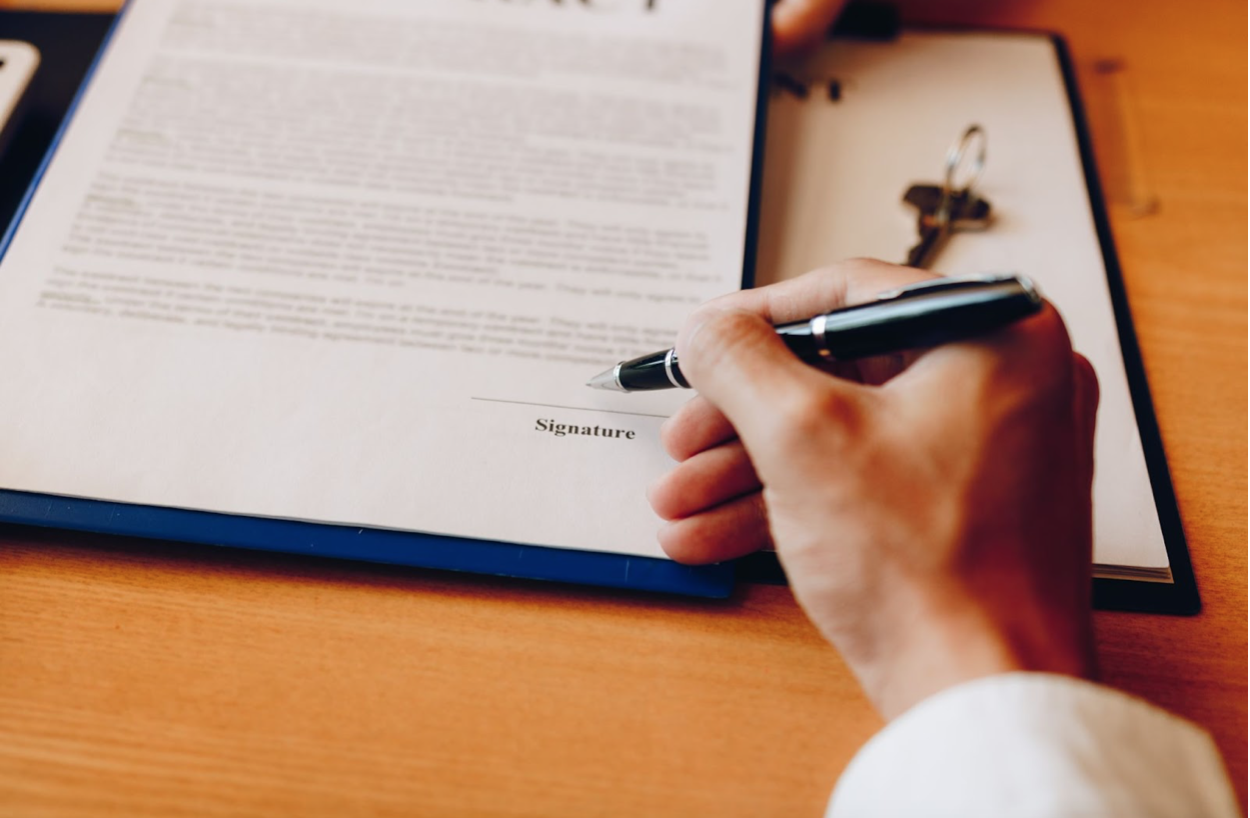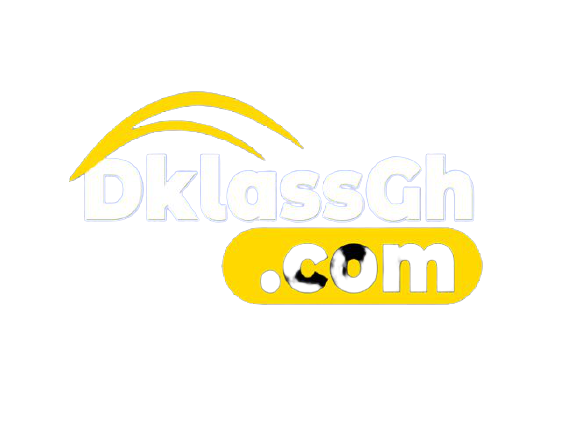MUSIC EDUCATION
Future of Music Licensing and Potential Changes to the Industry

The ways independent artists and musicians can create original works for licensing in today's digital world have evolved exponentially.
With digital streaming and accessibility for creatives to locate and utilize music easily, the questions of copyrights and licensing are challenging.
The process of licensing recorded music has remained the same for a long time. However, with the massive shift to synchronization licensing, the need for an adapted way of licensing is in high demand. There is a extreme risk of extensive legal battles concerning music rights and copyright infringement.
Streaming on music platforms increases the likelihood of covers and copies of music, which can be detrimental to the music industry. Even just sampling and using portions of original works' can have artists slapping you with a lawsuit when they don't receive due royalties.
In this article, we will explore the future of music licensing, and potential changes that can (or should be) happening within the industry as a whole. Courts and other legal leaders or groups may need to reconsider how to interpret and apply copyright laws on music licensing.
Copyrights and Music Licensing
If you're not aware of what music copyright is, here's a quick overview; When a song or music track is created, there are two copyrights born. The copyright designates the legal ownership of a musical composition (the first copyright), or a sound recording (the second copyright). Whoever creates the musical work, usually referred to as the music publisher or composer, owns the copyright. It can be more than one person if a collaborative effort.
A music license is when the copyright holder (the independent artist) grants permission of the rights to use the music publicly. The license, or licenses, come in the form of a contract or written agreement so that the musician receives payment.
The rise of the internet and social media paves the way for more people to create content, and the need for music to accompany posts and videos. One of the steps people take when gaining access to music copyrights is by getting a sync license for streakming a recording.
What is Sync Licensing?
A synchronization or “sync” license for music gives permission for the individual wanting the license to synchronize the music with whatever public platform or creation they plan to use it for, and it can be as simple as a post or a video. Traditional licensing models are still valid for artists today, but sync licensing is an easier process for digital music. The licensee pays just a one-time fee for the rights to the music.
Micro Sync Licensing For the Future
The future of music licensing needs to work to cater to the plethora to a market of content creators. Influencers, professionals, and small business owners need access to music. Micro sync licenses are on the rise and promote a better way for those creatives to obtain music for commercial use.
Micro-sync licenses allow an individual to download multiple music compositions with a subscription, or monthly fee. It's also sometimes referred to as having a “blanket license”, since many music licensing sites, like ours here at Track Club, offer a broad music catalog.
For example, if you are licensing music for a podcast, it would be handy to have one of these music licenses, since you'll need to utilize music for each episode. It's commonly referred to as a mechanical license, but you may also need a sync license for streaming purposes. The appeal of this lower-cost subscription model also paves the way for more independent artists to gain visibility and make their mark in the industry.
The Music Industry's Future with Sync
Consider the rapid increase in the need for sync licenses – the volume of content creation has skyrocketed, and the demand doesn't show any signs of slowing. Youtube, for instance, went from the number of videos being uploaded each minute from 6 hours in 2007 to 500 hours in 2020 alone. The mix of user-generated content, brand content, and other methods of entertainment all require music or a song to accompany them.
Does the music industry's future sustain this growth? And, will sync companies go up against labels and publishers in the competition to be more essential? It's possible there will be some kind of collaboration for music licensing that is mutually beneficial for the musician or publisher and the individual who uses it.
And there may be substantial growth in the realm of customization, such as with MixLab, where creatives have the benefit of creating their own track for a project, without the need for a specific license. There is a cost involved, but it can be a great method to avoid worrying about the legalities of licensing a specific song or track if you can make your own!
Many broadcasters, media companies, and other bigger corporations typically prefer to establish a partnership with music companies, labels, and musicians to set themselves up for an easier time with licensing. But that's not as easy for smaller businesses, influences, podcasters, or content creators. The music industry should seek to find a long-term partnership where owning the copyright ensures the best deal.
Complexities of Music Licensing
All of the components involved with music licensing make it both challenging and complex. Technology and content continue to drive the need for music up. The industry needs to make some significant changes to accommodate the future of musicians and those needing to license music.



















